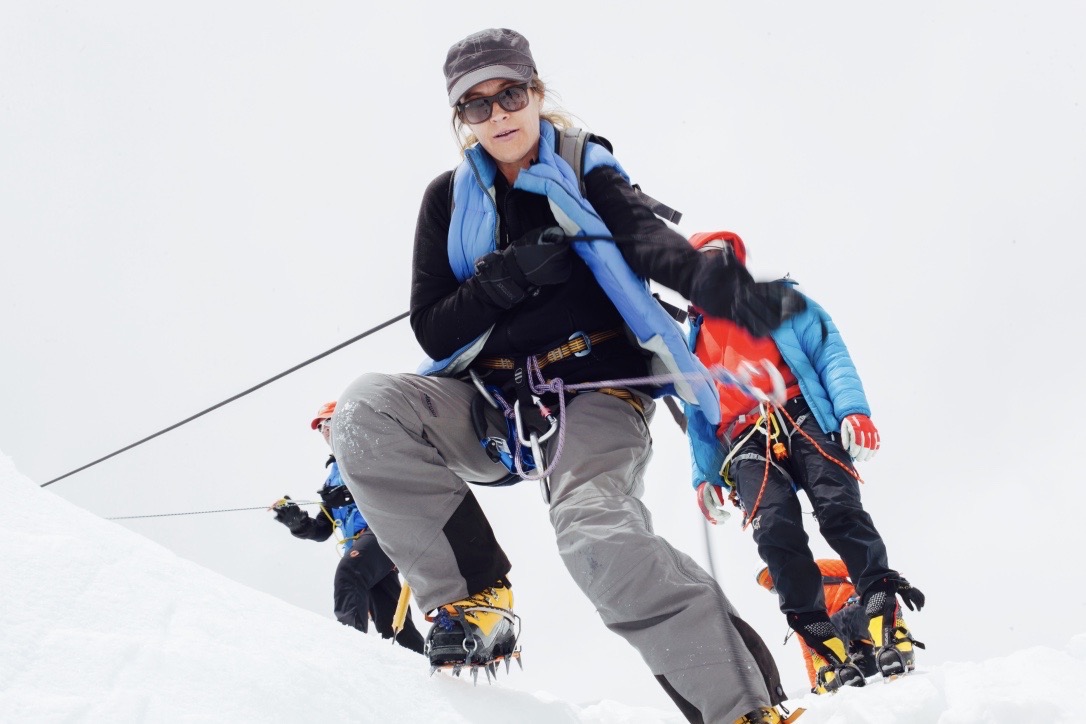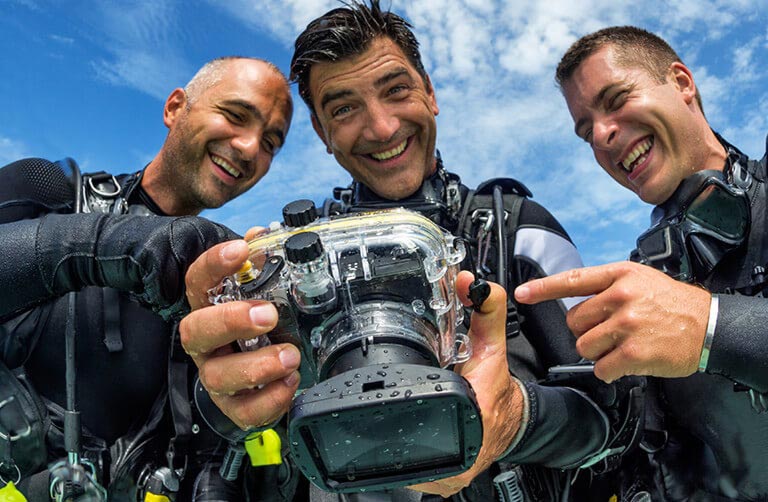From choosing your subject to research and outlining, documentary filmmaker Jennifer Peedom reveals her organizational secrets.
 Photo © Jennifer Peedom
Photo © Jennifer Peedom
Making a film, no matter how small, is a huge undertaking. It requires planning, research, tenacity, time and a huge commitment.
Choosing your subject
Ideas for films can come from anywhere, but in my experience, the best place to start is where you have a connection to the story or a subject you’re passionate about. Access is everything in a documentary, so that’s a good place to start. Who do you have access to a world or a character(s) that someone else might not? This is a good place to start in terms of what kind of material to tackle.
Ideas for stories are all around us – books, articles, radio, so stay attuned to things that you’re passionate about. But then you need to think about whether making a documentary is the best way to tell the story. Is it visually interesting? Is the story still unfolding?
Russian filmmaker Victor Kossakovsky has 10 rules for documentary filmmaking and one of them is: Don’t film if you want to say something – just say it or write it. Film only if you want to show something, or you want people to see something.
Planning your film
Every film is different and requires a different approach, but it is important to find a balance between structure and planning on one hand, and ‘going with the flow’ on the other. Either way, you need to be clear about what you’re setting out to achieve by making the film, and why. This includes what the bigger themes and ideas are in your story. Is it David vs Goliath? Triumph over adversity? An underdog story? Or is it a coming-of-age story? By thinking about these bigger-picture ideas in relation to your story before you shoot, you’ll be more prepared once you do start shooting. Then plan for the unexpected, as that’s where the magic happens!
It can be easy to become overwhelmed new storylines and ideas while you’re shooting so it is always helpful to be able to come back to those themes at various points in the shoot. It can also help make sure you aren’t missing any important moments while you’re out in the field. Often it can be hard to get back!
Research your subject
The amount of research you need to do depends entirely on how much you know the subject matter already. If you’re making a film about a person or a subject you know well, then chances are, you won’t need to do so much research. In that instance, you’re better off spending time observing that person in a variety of situations.
In contrast, if you’re taking on a subject that involves history, science or politics, you’ll need to do a lot more research. In most of my films, the archive plays a role, so spending time researching archival material is a good use of time. Sometimes your interviews themselves can be the most important research you do. But be prepared. The bottom line is, you need to know what you are talking about, in order to be able to extract the depth and emotion from interviews you’ll need to make your story great.
Create an outline
In any documentary, no matter the length, I think it is worth outlining at very least the beginning, middle, and end of your story. Whiteboards and scene cards are useful at the planning stage. I always plot out what I think the three-act structure of the film might be, that is, the setup, the conflict and the resolution of the film.
You may not know what the ending of your film is going to be, particularly if it is still unfolding, but the clearer you are about the bigger themes that you are exploring with your characters, the easier it will be to get a sense of what ‘resolution’ will mean for them and your story (ie. What the end of your film should be).
Outlining in this way will also help you decide what questions to ask in interviews, what to shoot and why, and be better able to communicate with people about what you are trying to achieve. You can continually tweak this as filming progresses, but it’s good to be thinking about the bigger picture as you’re filming.
Related articles
Simple and flexible travel insurance
You can buy at home or while traveling, and claim online from anywhere in the world. With 150+ adventure activities covered and 24/7 emergency assistance.
Get a quote
No Comments